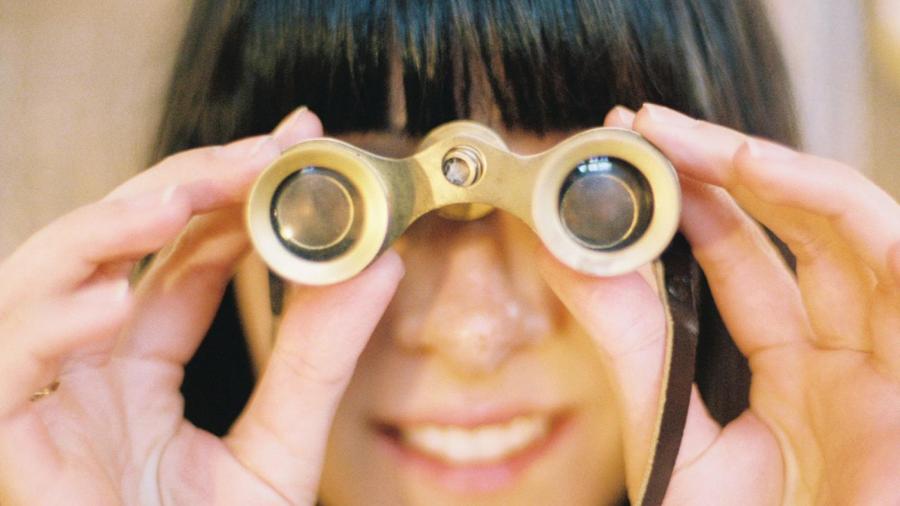What Are Objective Observations?

Objective observations are observations that involve watching others in an unbiased manner and without attaching stereotypes. Objective observations involve studying and watching individuals to see their behaviors and actions in various situations, without attaching labels and stereotypes to those people. Objective observations are made by people every day, such as parents watching their children.
The primary purpose of objective observations is to study the behaviors and interactions of others without considering intrinsic motives of behaviors, such as gender and race. Objective observers strive to eliminate bias from their observations. Bias is a preconceived notion or belief about individuals or groups based on race, culture, religious affiliation and socioeconomic status. Holding stereotypes against others prevents true objective observation as it injects personal opinions and views into the situation or scene being observed. Another primary goal of objective observation is to avoid attaching negative labels to individuals. Negative labeling involves attaching certain moods and behaviors to others. A parent, for instance, might consider a child to be “moody,” “naughty” or “nice.” Placing a label on the child influences parents’ perceptions of their children, and reduces their likelihood of being able to make observations without assuming children are behaving because of certain personal characteristics.





